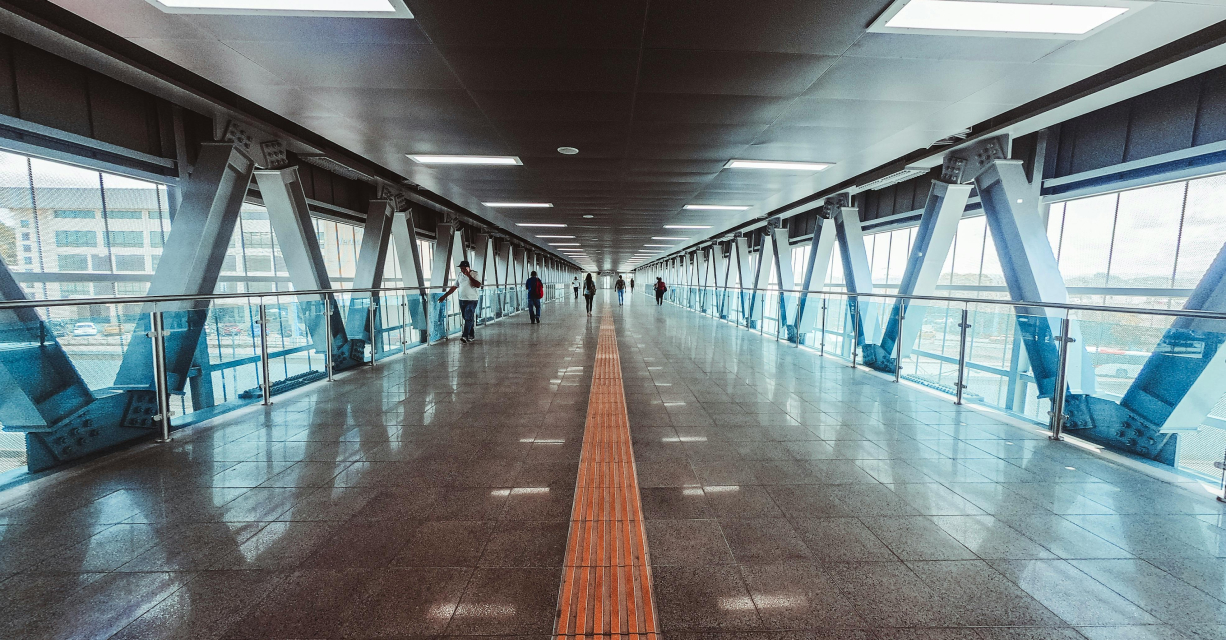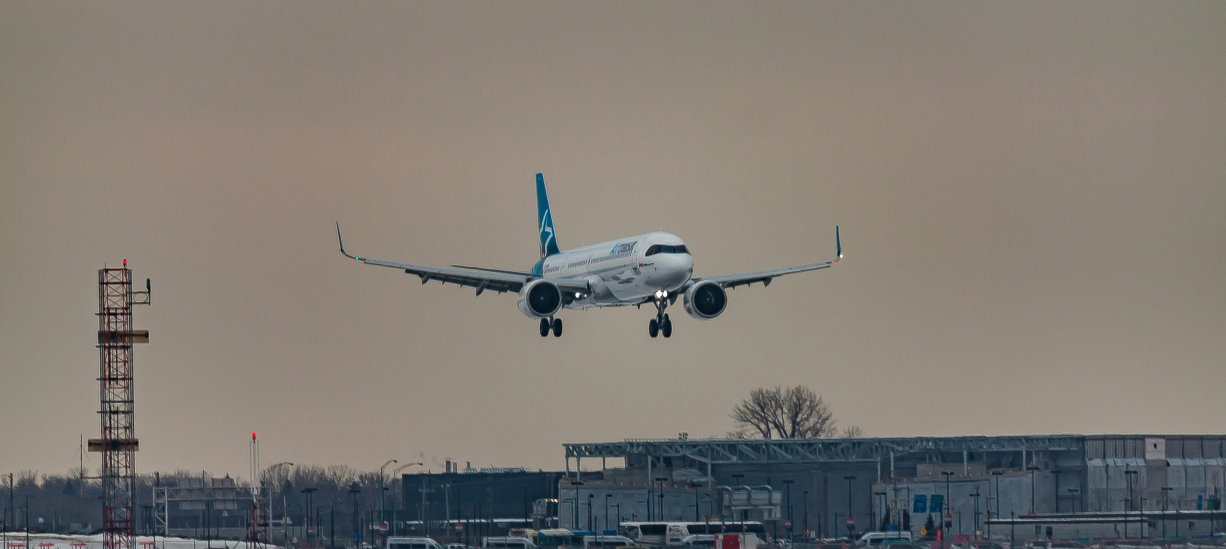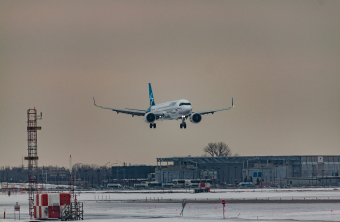

In a year marked by escalating airfares and the hopeful rebound of global travel, UK airports have faced a challenging paradox. Despite the spike in ticket prices, punctuality across UK flights has lagged behind pre-pandemic standards, underscoring a pressing issue within the aviation sector. A recent analysis reveals the extent of these delays, shedding light on the operational hurdles that continue to disrupt travellers’ plans.
According to the Civil Aviation Authority (CAA), only 64% of flights in 2023 managed to depart or arrive within 15 minutes of their scheduled time. This slight improvement from 63% in the previous year still falls short of the 75% punctuality rate observed in 2019, before the onset of the coronavirus pandemic. The final quarter of 2023 spotlighted Gatwick Airport as the location with the most significant delays, with a mere 63% of flights maintaining punctuality.
Edinburgh, Heathrow, and Stansted airports closely followed Gatwick in the list of locations struggling with timeliness, each recording a 65% on-time performance. These statistics underscore a broader challenge within the UK and European aviation network, exacerbated by air traffic control disruptions, system failures, staff shortages, and strike actions throughout the year.
Amid these operational challenges, the cost of air travel has surged. The Office for National Statistics reports that average airfares for flights to and from the UK between July and September 2023 were 24% higher than the same period in the previous year. Ryanair’s CEO, Michael O’Leary, has further forecasted a price hike of up to 10% this summer compared to last year, attributing the increase to delays in receiving new aircraft from Boeing.


In response to these ongoing issues, the CAA has reiterated its commitment to ensuring airports and airlines fulfill their duties to passengers. Depending on the duration of a delay, travellers may be entitled to various forms of support, including meals, accommodation, alternative transportation, and compensation. Anna Bowles, CAA’s head of consumer, emphasized the importance of improving on-time performance and safeguarding passenger rights as service expectations rise alongside pre-pandemic passenger volumes.
Compounding the issue of delays, 2023 also saw the highest rate of short-notice flight cancellations in at least eight years—excluding the exceptional circumstances of 2020. Approximately 1.8% of flights were cancelled within 24 hours of their scheduled departure time, doubling the rate observed in 2019. Despite these operational setbacks, UK airports facilitated travel for some 276 million passengers in 2023, marking a 23% increase from 2022 but still trailing 8% behind the 2019 figures.
As the aviation industry strives to recover fully and refine its operations post-pandemic, the dual challenges of improving punctuality and managing rising costs remain paramount. For travellers, staying informed about their rights and preparing for potential disruptions are essential steps in navigating the complexities of today’s air travel landscape. Meanwhile, airlines and airports are under increasing pressure to enhance their services and reliability, ensuring that the skies remain friendly for all.